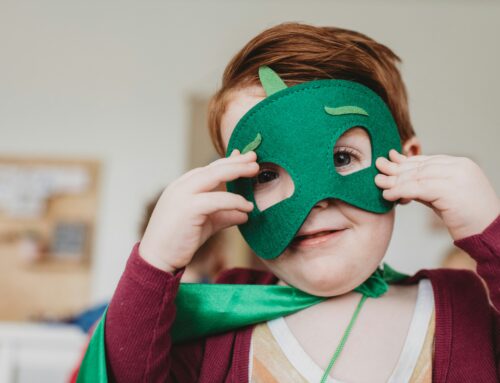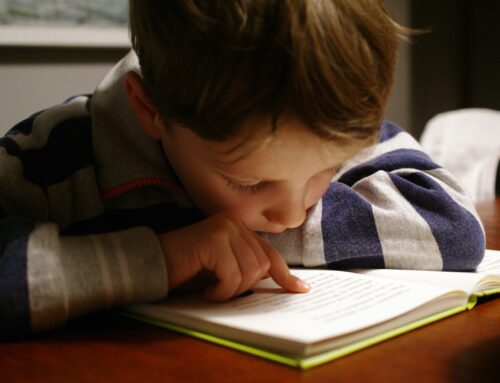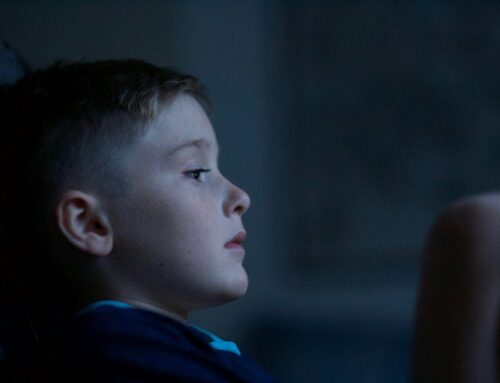If you are seeking therapeutic support for your child, you have likely heard of parent-child interaction therapy. This is a unique form of treatment that involves both the parent and the child collaborating with one another in order to form a successful and productive relationship.
There are many reasons why therapists might recommend this method of treatment. For example, if your child has not responded to other forms of cognitive behavioral therapy, this method can be suited for children with emotional struggles. If you want to learn more about parent-child interaction therapy, keep reading.
What Does Parent-Child Interaction Therapy Entail?
Parent-child interaction therapy is the process of changing the communication patterns between both the child and their caretaker. This form of treatment does not only have to be done with parents! Any caretaker can do the job. It is important to set boundaries between the child and the parent so that they are able to have a loving yet constructive relationship. This method of treatment helps to set those boundaries and to help the child better deal with their emotions. (1)
When Is Parent-Child Interaction Therapy Used?
It is common for your therapist to prescribe this treatment method when other methods have failed. The parent-child interaction therapy method is typically not the first method of treatment pediatricians try. This treatment method is typically prescribed for children with emotional issues ranging from aggression, concentration, obedience, or listening.
How Do I Implement Parent-Child Interaction Therapy?
Your child’s pediatrician or therapist will help you come up with an appropriate treatment plan for their symptoms. Remember, the goal here is not to scare your child or to become outwardly authoritative. Instead, your focus should be on strengthening the relationship that you have with your child so that they come to you with problems in the future and present. They will be able to act appropriately when conversing with you, and this will help to strengthen your relationship in the future. (2)
Typically, a training specialist or therapist will be with you and your child as you partake in this form of therapy. The therapist will watch how you interact with your child, and they will come up with recommendations to help you strengthen your relationship and build a better bond. It all starts with effective communication!
For more information and resources as you help your child navigate the money difficulties that come with mental health, visit our website and contact NeuroBehavioral Associates today to learn more about how we can help!
- Parent-Child Interaction Therapy For ADHD and Anxiety Disorders – Counseling Today
- Child Therapy: 19 Counseling Techniques & Kids’ Activities – Positive Psychology





